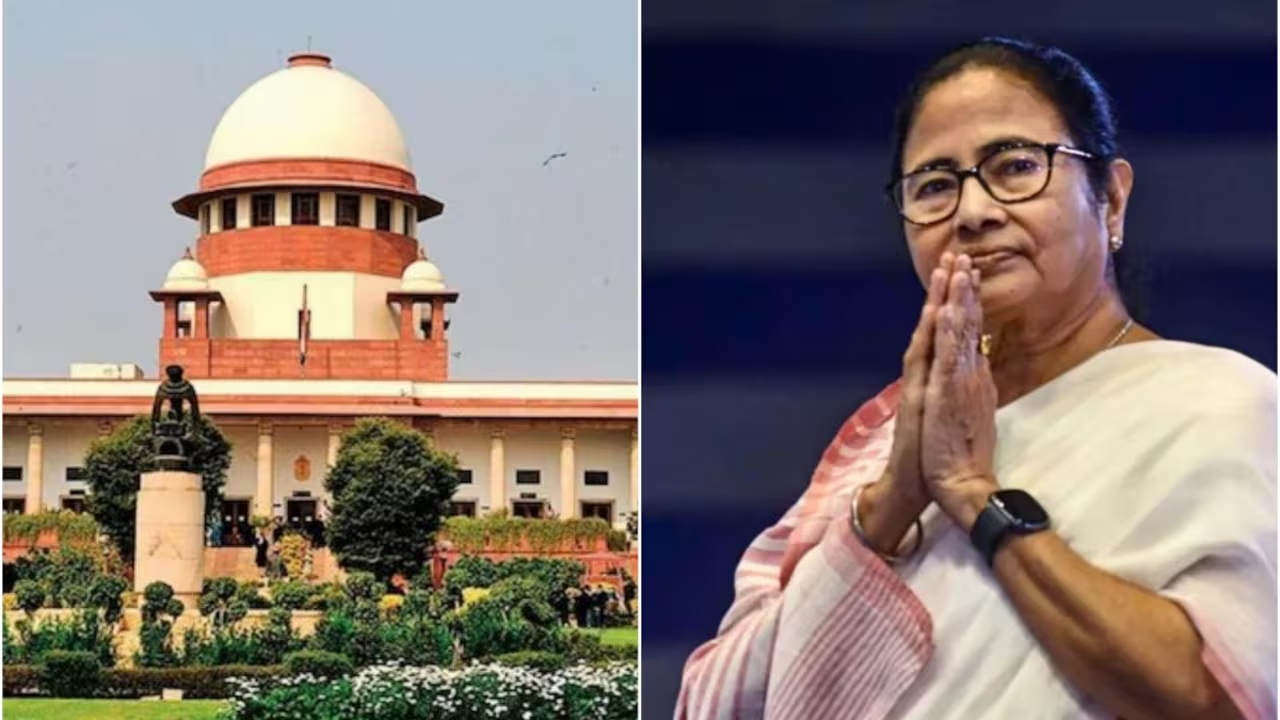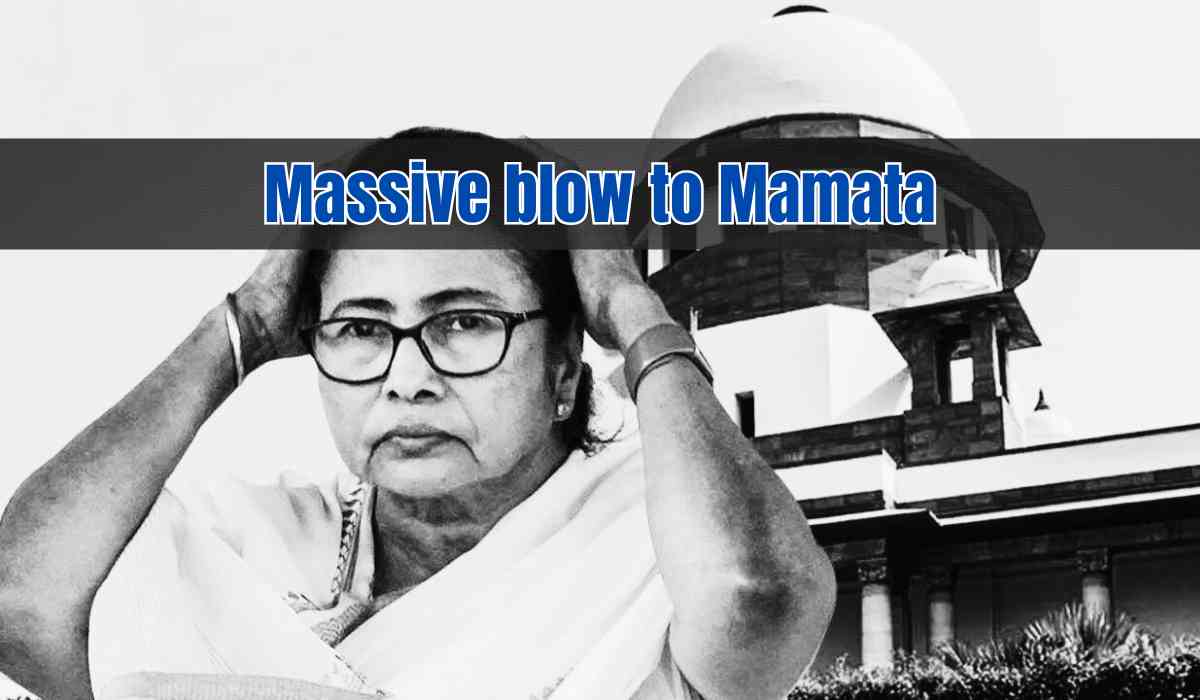In a landmark ruling, the Supreme Court of India has upheld the Calcutta High Court’s decision to cancel the appointment of 25,753 teachers and non-teaching staff in state-run and state-aided schools in West Bengal. The appointments, made in 2016 by the West Bengal School Service Commission (SSC), were deemed “vitiated and tainted by fraud.”
The verdict has significant implications for the state’s education system, as it orders a fresh recruitment process while addressing the concerns of affected employees.

Supreme Court’s Ruling: Key Highlights
1. The Selection Process Was Tainted by Fraud
A bench comprising Chief Justice of India Sanjiv Khanna and Justice Sanjay Kumar ruled that the recruitment process was manipulated and fraudulent, making it unsalvageable. Justice Khanna, reading out the judgment, emphasized that the integrity of the process had been irreparably compromised.
2. Affected Employees Won’t Have to Return Their Salaries
Despite the cancellation of their appointments, the Supreme Court provided relief to the affected employees by ruling that they would not be required to return the salaries and benefits they had received so far. However, after their termination, they would not be entitled to claim this period as valid service.
3. Fresh Recruitment to Be Completed Within Three Months
Recognizing the impact of the cancellations on the education system, the court directed the West Bengal government to conduct a fresh selection process. The entire recruitment exercise must be completed within three months, ensuring that new appointments are made swiftly.
4. Special Consideration for Disabled Employees
On humanitarian grounds, the court granted exemptions to disabled employees. Unlike other affected candidates, disabled employees will not lose their jobs due to the ruling, providing them with much-needed relief.
5. CBI Investigation Hearing Scheduled for April 4
The Supreme Court has scheduled a hearing for April 4 to review the West Bengal government’s plea against the Calcutta High Court’s directive for a Central Bureau of Investigation (CBI) probe into the recruitment scam. While the Supreme Court had previously allowed the investigation to proceed, it had restricted the CBI from taking coercive action.
Background of the Case
- Calcutta High Court’s Findings
On April 22, 2024, the Calcutta High Court canceled the recruitment of 25,753 teachers and non-teaching staff, ordering them to return their salaries with interest. The court directed fresh recruitment within 15 days, citing widespread manipulation of Optical Mark Recognition (OMR) sheets for Group C, Group D, and teachers of Classes 9 and 10. The court concluded that names were illegally included in the selection panel.
- West Bengal Government’s Challenge
The West Bengal government challenged the High Court’s ruling before the Supreme Court, arguing that the judgment failed to distinguish between valid and fraudulent appointments. The government contended that instead of scrutinizing individual cases, the High Court had invalidated the entire selection process, creating a crisis in the state’s education system.
The appeal further highlighted that the cancellation of appointments without a proper review of valid candidates would lead to a severe shortage of teachers, particularly with the new academic session approaching.
Implications of the Verdict
1. Education Sector Disruption
With over 25,000 positions left vacant, the state’s education system faces a significant challenge. The Supreme Court’s mandate to complete fresh recruitment within three months puts immense pressure on the SSC to conduct a fair and transparent selection process efficiently.
2. Impact on Affected Employees
While the employees won’t have to return their salaries, they face uncertainty regarding their future employment. Many of them had been working for years and will now need to compete in a fresh recruitment process.
3. Legal and Political Ramifications
The ruling and the impending CBI investigation add to the legal troubles for the West Bengal government. If the investigation uncovers further malpractices, it could have severe political repercussions for the ruling party in the state.
The Supreme Court’s decision to uphold the Calcutta High Court’s cancellation of 25,753 school appointments is a strong stance against fraudulent recruitment practices. While the judgment seeks to restore transparency and fairness in the hiring process, it also presents immediate challenges for West Bengal’s education system.
With a new selection process mandated within three months and a CBI investigation under review, the case will continue to shape the state’s governance and legal landscape in the coming months.
With inputs from agencies
Image Source: Multiple agencies
© Copyright 2025. All Rights Reserved Powered by Vygr Media.





















